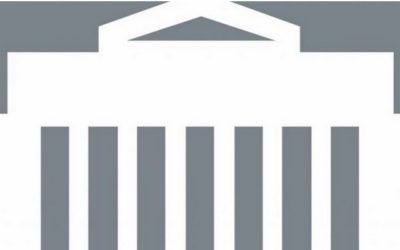New Paragraph
Bank of Canada Lowers Overnight Rate Target to ¾ percent
The Bank of Canada today lowered its target for the overnight rate by 50 basis points to ¾ percent, effective Monday, March 16, 2020. The Bank Rate is correspondingly 1 percent and the deposit rate is ½ percent. This unscheduled rate decision is a proactive measure taken in light of the negative shocks to Canada’s economy arising from the COVID-19 pandemic and the recent sharp drop in oil prices.
It is clear that the spread of the coronavirus is having serious consequences for Canadian families, and for Canada’s economy. In addition, lower prices for oil, even since our last scheduled rate decision on March 4, will weigh heavily on the economy, particularly in energy intensive regions.
The Bank will provide a full update of its outlook for the Canadian and global economies on April 15. As the situation evolves, Governing Council stands ready to adjust monetary policy further if required to support economic growth and keep inflation on target.
The Bank has also taken steps to ensure that the Canadian financial system has sufficient liquidity. These additional measures have been announced in separate notices on the Bank’s website. The Bank is closely monitoring economic and financial conditions, in coordination with other G7 central banks and fiscal authorities.
Information note
The next scheduled date for announcing the overnight rate target is April 15, 2020. The next full update of the Bank’s outlook for the economy and inflation, including risks to the projection, will be published in the MPR at the same time.
If you have any questions about what this means for you and your mortgage, please don’t hesitate to contact me anytime.
Share
RECENT POSTS


STAY INFORMED
Subscribe to my newsletter




